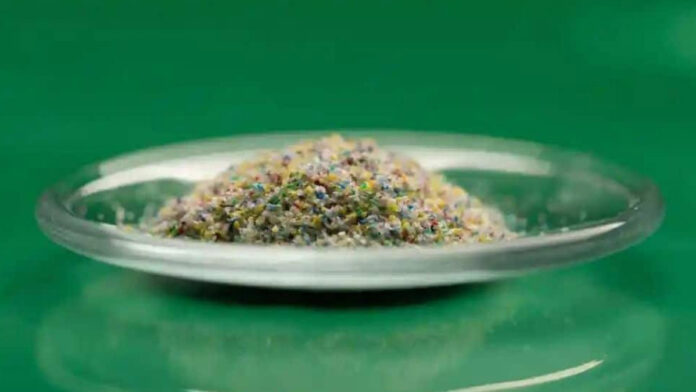A recent study has detected microplastic pollution in human blood for the first time ever. According to the research published in the journal Environment International, scientists have found traces of tiny particles in almost 80% of the samples tested by a team of researchers from the Netherlands.
The researchers analyzed blood samples from 22 anonymous donors and found microplastics in 17 of them.
Microplastics are tiny pieces of plastic measuring less than 0.2 inches (5mm) in diameter. The discovery is a major breakthrough as it demonstrates that particles can travel around the human body and may even be capable of lodging in organs. While the impact of these particles on our health is unknown, researchers are concerned due to the rising pollution levels across the globe as well as the rising number of deaths caused by air pollutants each year.
Read also: Private students finally get most demanded subject group for Inter exams
Half of the samples obtained were reported to have PET (Polyethylene Terephthalate), which is used to make disposable bottles. While Polystyrene, widely used in food packaging, was found to be a constituent in 36 percent and polyethylene, which is used in packaging films and bags, was found in 23 percent of the samples obtained, according to the research.
According to Professor Dick Vethaak, an ecotoxicologist at Vrije University Amsterdam, such particles can cause chronic inflammation. The researcher further added:
Good ventilation of the house is important because microplastic concentrations appear to be higher indoors than outdoors. I also cover my food and drinks to reduce the deposition of plastic particles.
Additionally, earlier research was reported to have found microplastics in the brain, gut and placenta of unborn babies. While another study had found that microplastics can latch on to the outer membranes of red blood cells and might limit their ability to transport oxygen. The particles have also been found in the placentas of pregnant women. In pregnant rats, they pass rapidly through the lungs into the hearts, brains and other organs of the fetuses.
As of now, plastic is one of the leading pollutants on the planet. Huge amounts of plastic waste are dumped from mountains into the oceans. In January 2021, microplastics were found in fish and other seafood samples from the Sal Estuary in Goa.

